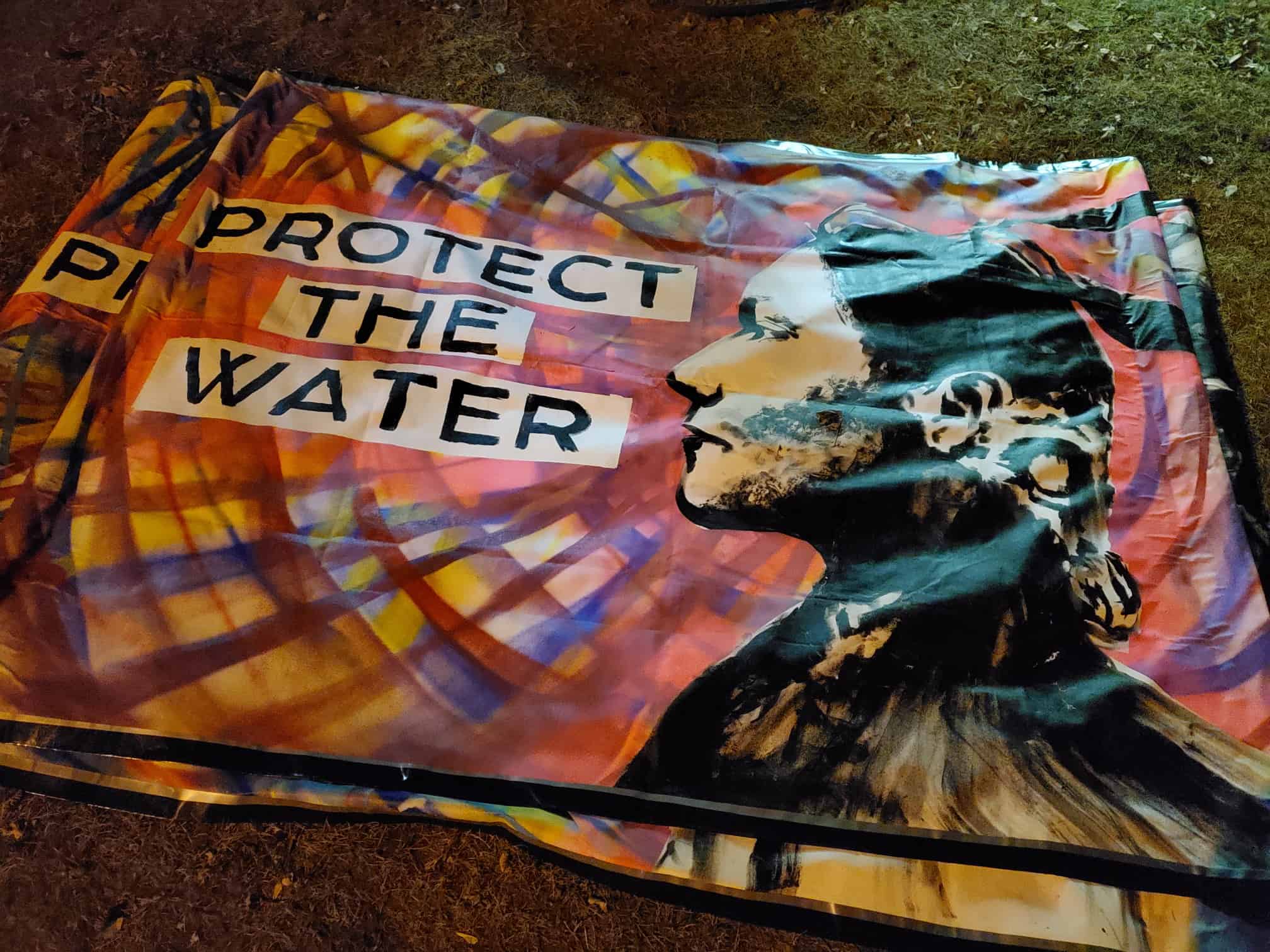I’m sure most of you have heard about the Indigenous Resistance Against Carbon report, which revealed that Indigenous resistance to fossil fuel infrastructure projects has effectively cut 12 percent of the annual carbon pollution of the United States and Canada.
I have complicated feelings about this number, but it has me thinking again about something I want to share. I’d like us to reflect on a tendency that activists often have where we cheer on less privileged people participating in struggles because they have no choice, and then leave them to it.
Climate activists pursuing a just transition are going to be better about this than most, if only because they’re aware of the problem, but time and time again I’m made uncomfortable by how our privilege makes abandonments inevitable.
Even when we travel to the frontlines and put our bodies on the line, something we consider an act of great commitment, we’re there for a few days, maybe a week, and we then head back home to our day jobs and comfortable homes and pursue forms of activism that, if nothing else, probably aren’t going to put us in a prison with moldy meatballs.
This problem isn’t unique to Indigenous Water Protectors, as we do it to youth activists too. Recall when Greta Thunberg made her first big splash, and people were so impressed and said that the young people were giving them hope…and essentially started counting on them to solve the problem.
But in the case of Indigenous activists, it’s much worse because, when you get right down to it, their fundamental struggle isn’t even really against climate change, but against a 500-year campaign of genocide. It just so happens that that campaign of genocide is also murdering the entire planet.
I worry that we’re doing to them what so many people did to Greta, where we admire their strength and courage without also aspiring to it, leaving them to carry not just their own burdens but ours as well.
I’d like us all to think about what, if anything, we can personally do to bridge this gap, because I’m sitting in my warm and cozy home, in a very comfortable chair, writing these words on my fancy gaming computer and, right now, that doesn’t feel okay.
An earlier version of this editorial was delivered as a land acknowledgement at the October 19, 2021 XRPDX all-chapter meeting.

